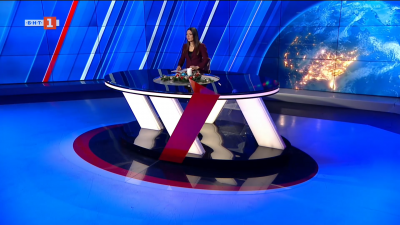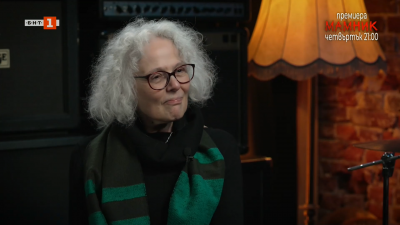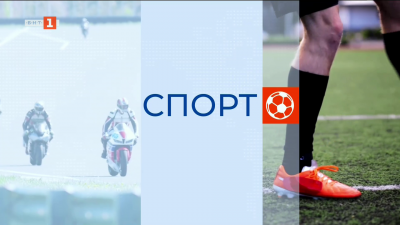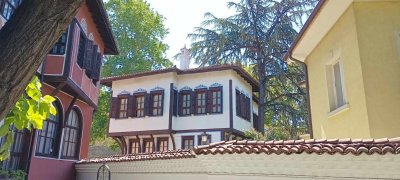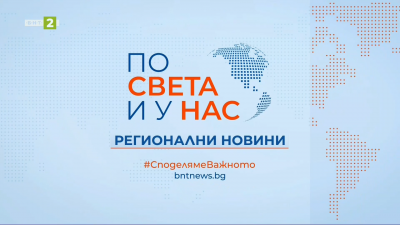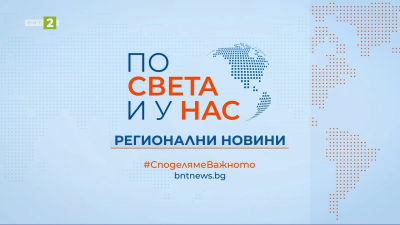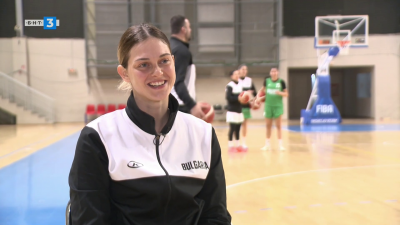Radev at the meeting with Lukoil called for measures to be taken over fuel prices
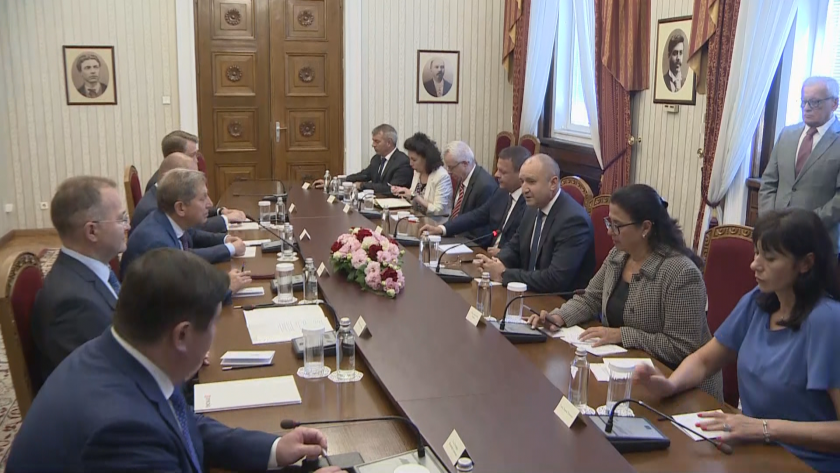
The caretaker government and the company have discussed how to continue the cooperation between Bulgaria and Lukoil. This became clear at the beginning of the talks between Head of State Rumen Radev and representatives of the oil company, headed by its president Vadim Vorobyov.
At the beginning of the first quarter of next year, a working group will be formed between the two countries, as well as post-schedule measures to sustain the economy.
"High fuel prices are among the leading causes of the rise in the price of all goods and services and is leading to a contraction in consumption, which is a loss not only for consumers but also for the producer. That is why I believe that your upcoming meeting with the Bulgarian government is a good opportunity, of course, strictly following the market mechanisms, to identify measures to stabilize the economic environment and to fight inflation for the benefit of the Bulgarian consumer," Rumen Radev said.
From the Head of State's words it became clear that the company's management will meet with the caretaker government today.
"Lukoil is not only an important part of the Bulgarian economy, but also one of the main employers and a major producer of fuels with a significant market share. The value of the produced fuels largely determines the development of the economy, but also the inflationary processes, which determines the strategic importance of the company for the development of the country," Radev further said.
Lukoil's president Vadim Vorobyov said that talks had been held with the caretaker government on how work would continue after the embargo on Russian oil came into force in December this year. Bulgaria has an extension until the end of 2024.
The talks have been held over the past few days to secure "opportunities for the Bulgarian market", Vorobyov said and announced that Lukoil's work would continue in three stages:
- After 1 December, when the EU embargo on Russian oil comes into force;
- From December 5, 2022 to December 31, 2024 - the deferral period in which Bulgaria is excluded from the sanctions;
- The development of Neftochim Burgas and the domestic market in the country after 2024
"To this end, we have developed measures to maintain the stability of the economy. We have agreed and will continue to talk with the Bulgarian government to develop medium-term measures to sustain the economy. We do not have a very clear understanding of how things will proceed, but we believe that in the first quarter of next year it is right to create a working group to deal with the problems at the moment the embargo comes into force," Vorobyov explained.
Get the latest news wherever you are!
Follow us on
Facebook
and
Instagram
Follow BNT’s YouTube channel
You can now also watch us on
TikTok
Find us on
Google News







